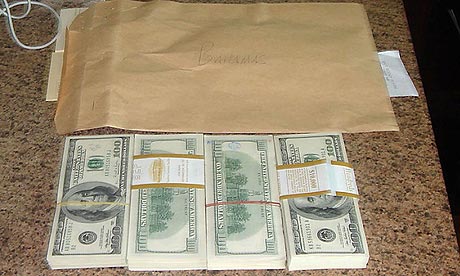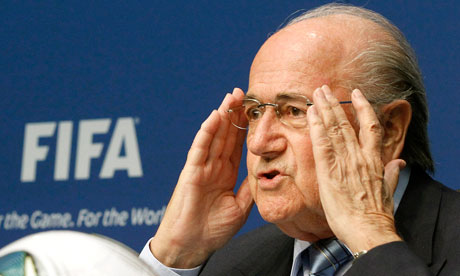BOHS LEFT FEELING HARD DONE BY AS DERRY CONTINUE IMPRESSIVE RUN
Stephen Kenny marked a return to Dalymount Park with a two nil win over Bohemians. The win leaves Derry second in the Premier League table. The Candystripes have been performing well so far on their return to the premier division. The Gypsies dominated the early part of play, exploiting Derry's high defensive line to play balls over the top to Anto Flood. One chance was taken well by Flood whose lobbed shot over Gerard Doherty went inches over the bar. Derry were poor for the first forty minutes, misplacing passes and failing to get a shot in on the Bohemians goal. The turning point came in the 40th minute when Keith Buckley was given a straight red card for what the referee deemed a two footed challenge on Daniel Lafferty.
Moments later Derry were a goal ahead from a fine Lafferty header. The cross supplied by James McClean from a free kick on the edge of the box, Lafferty getting up well to head it past the keeper. If the Bohs crowd felt hard done by with the sending off they felt doubly done in by the dubious free kick. Pat Fenlon, incensed at the decision to award the free kick, was sent off for throwing his jacket onto the ground. During the break the tannoy reminded the crowd that the last time Padraig Sutton officiated a match at Dalymount he sent off two Bohs players. The crowd were incensed by the referees decisions and many fans ran toward the tunnel to berate him.
Bohs never looked like getting back into the game and it was Derry who dominated the second half. Lovely play on the edge of the box, a chested pass from Eamonn Zayed fell perfectly for McClean who finished brilliantly. The goal came five minutes after the restart and effectively finished the game off as a contest. Derry had another chance from a corner that was cleared off the line by full back Bayly. A penalty for Bohs late on was lobbed by Killian Brennan, Zinedine Zidane style but the ball bounced back out off the woodwork. An Anto Flood headed rebound also hit the crossbar.
The old cliché, 'a game of two halves', was never more applicable but it was the match officials who proved to be the most influential men on the night. When asked for a reaction to the red card, Pat Fenlon replied “I didn't see it to be honest, I was more disappointed with the free kick for the goal because it was never a foul. At 11 v 11 we were happy, we were fairly compact, we had a couple of decent chances but we didn't take them... He (Keith Buckley) is disappointed, he obviously doesn't feel it warranted a sending off. There is no malice in the young fella.” Fenlon agreed that the reaction of the Derry players didn't help the situation. “Fellas running forty yards to have an 18 year old sent off, I think they have to look at themselves.”
The Derry boss was more relaxed in his analysis, “I can't say I'm happy with the performance, I thought we were alright. We've drawn a couple of games and I've been left scratching my head so we'll take the three points tonight. To come here and win two – nil, we are thrilled with that. We haven't played all that well tonight but we've won the game”. When asked if the sending off was a turning point in the game, “If you lose a player it is a turning point, I know I'm being fairly obvious but eleven players have a better chance than ten. It was a factor in the game.” He declined to comment further on the incident, “I've not got a great view because I'm on the far dugout. ”
Kenny described how only six of his first team had ever played Premier League football before this season. “As journalists you would probably struggle with both benches. Bohs are looking at our bench thinking, Jesus, who have they got. We're looking at Bohs bench thinking, who have they got. We only know bits and pieces about players.” With an eye on Mondays top of the table clash with Sligo he commented, “Big Stewart is suspended with four yellows. I didn't think he'd miss Mondays game but with the new rule you're suspended from Monday. It used to always be from Wednesday in every week but the new rule has caught us out a bit.” Derry are set to play Sligo at three o'clock. “I don't know what time on Monday he will be suspended from... Hopefully five o'clock.”
BOHEMIANS : O'Connor; Heary, Burns, Price (Feely 87), O'Brien; Buckley (S/O 44), Bayly, Brennan, Cahill (Dixon 74); Traynor, Flood.
DERRY CITY : Doherty; McCallion, Greacan, S McEleleney, Lafferty; Higgins, Deery; P McEleney (McDaid 88), McGlynn, McClean (McLoughlin 90); Zayed.
REFEREE : Padraig Sutton






